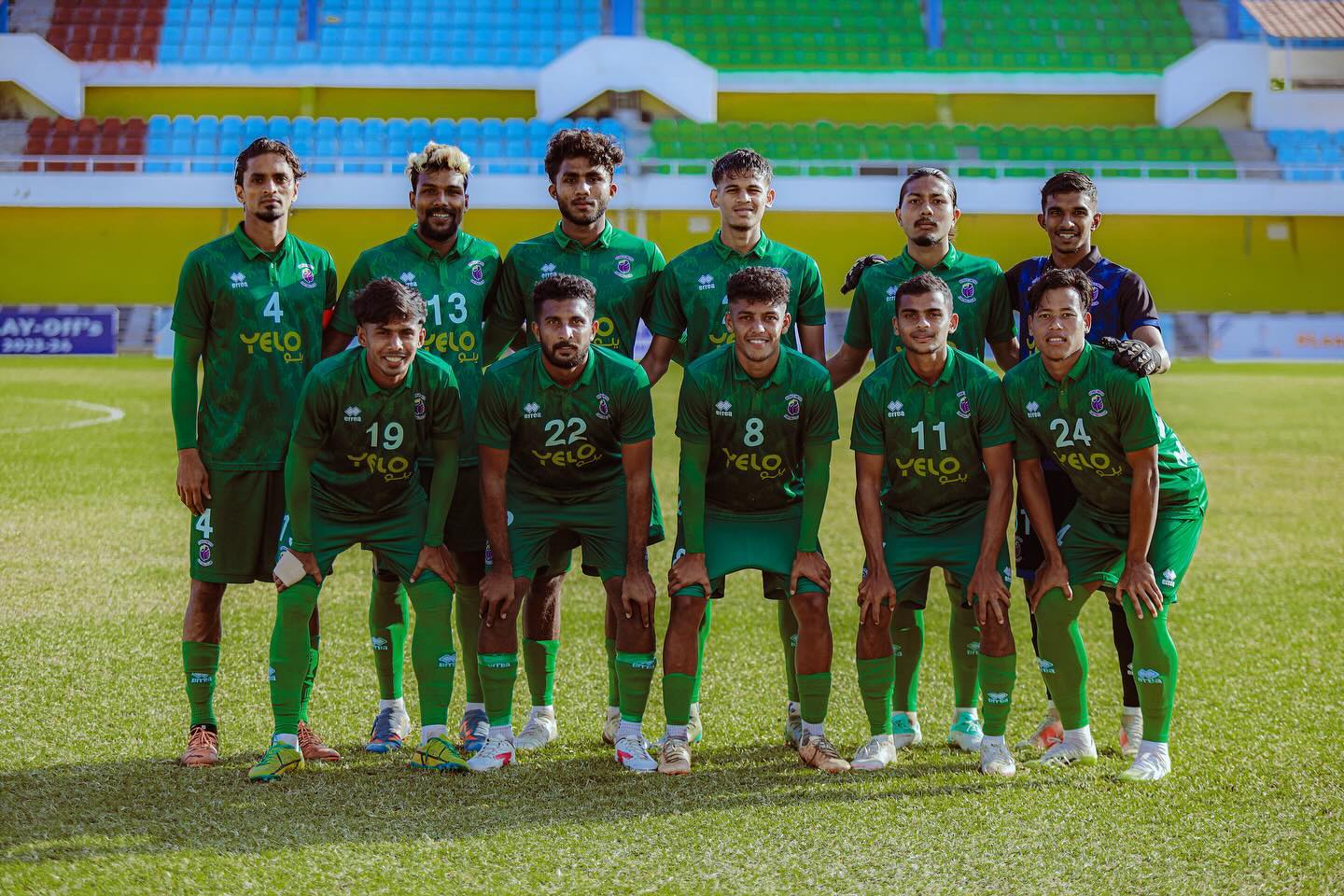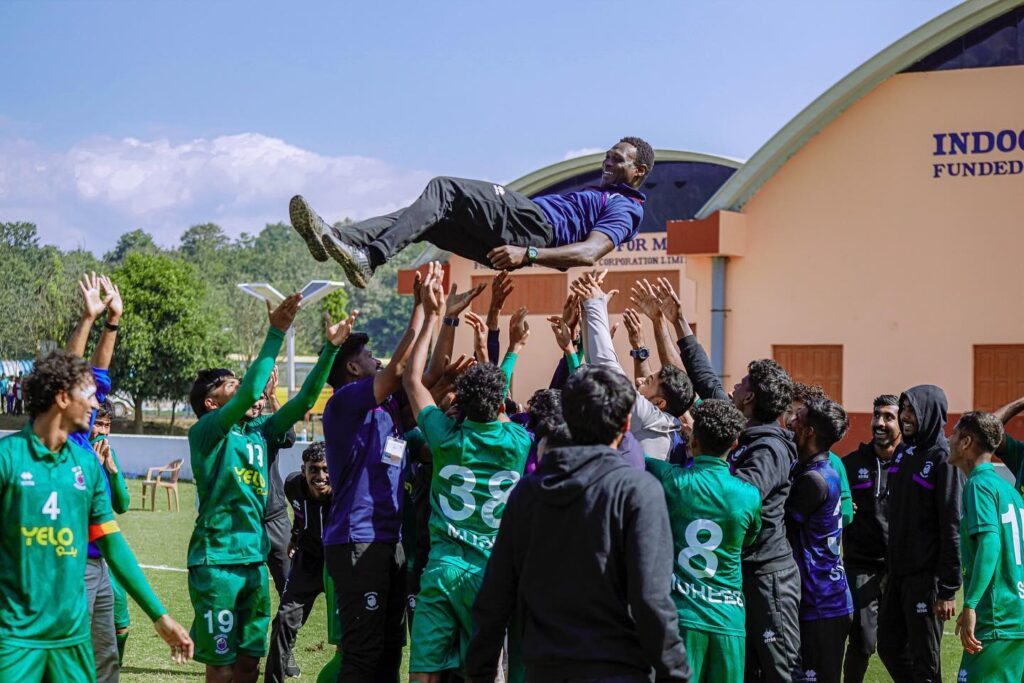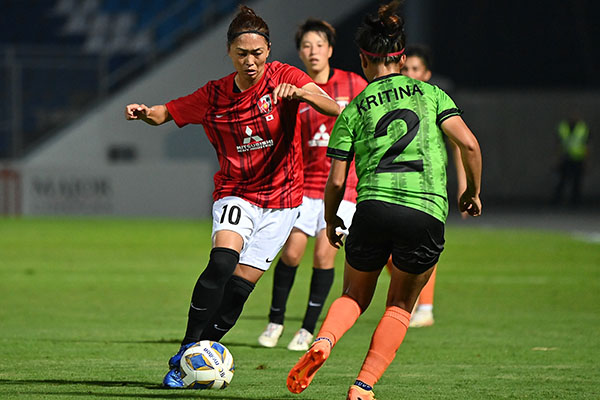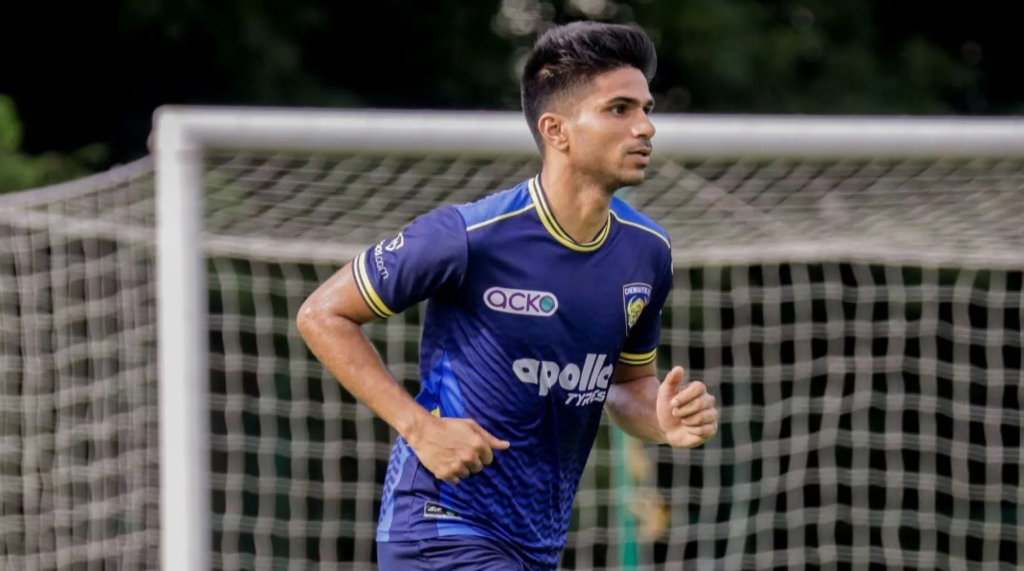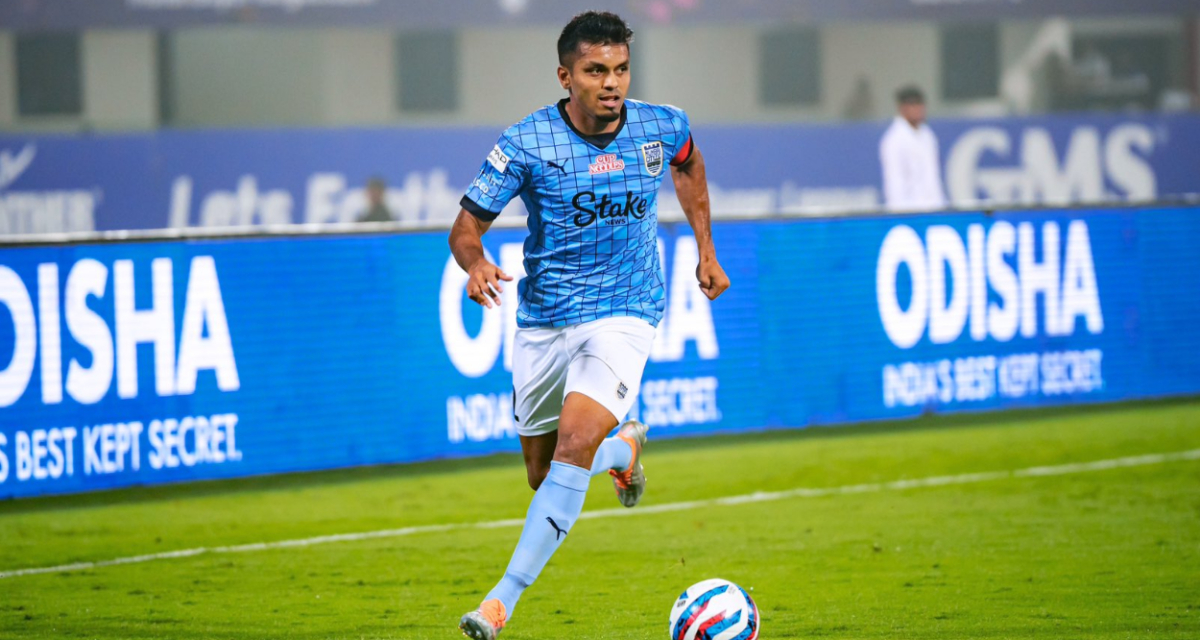The Malabar region, known for its natural beauty and rich historical importance, is a hidden gem on the Indian subcontinent. With its picturesque landscapes, including hills, water bodies, and lush greenery, Malabar offers a serene and captivating environment for its visitors. The region has a significant historical background, having been the seat of a powerful kingdom in the Sangam period and a hub of trading links with various ancient civilizations.
In addition to its natural and historical significance, Malabar is renowned for its deep-rooted love for football. The people of this region have a strong passion for the game, with football being an integral part of their cultural identity. The love for football has been attributed to the spirit of anti-imperialism and the uprising against colonial powers, particularly the British. The region has produced talented players and has been home to several prominent football clubs, reflecting the fervent support and enthusiasm for the sport.
Transitioning to Kerala United FC, formerly known as Calicut Quartz FC, the club has been a symbol of the region’s footballing heritage. Founded in 1976, the club has a rich history and a strong connection to the local community. In 2020, the club underwent a significant change in ownership, marking the beginning of a new chapter as the “United World Group” assumed control and rebranded the club as Kerala United FC.
Kerala United FC was on the verge of qualification to the I-league second division when they reached the final stages of I-league 3. However, in the final stage, they finished fourth among the five teams and failed to gain promotion. The unfortunate double red cards in the game against Dempo SC and a lackluster performance against SC Bengaluru were the turning points that hindered the progress of this Malabar club which boasts of being one of the clubs under United World Group.

This is not the first time that Kerala United missed the promotion by a whisker. In 2021, the Purple Army played in I-League qualifiers and unfortunately, the COVID infection hit the camp and as many as 8 players couldn’t play the matches.
“It was so unfortunate. Our players contracted COVID-19 infection when we reached Bengaluru for the I-League qualifiers. 8 of our key players developed the symptoms and they had to be isolated. They all had breathing problems after recovery from infection. Hence, we couldn’t execute our plans on the field”, said Jewel Jose who is the Team Director of KUFC.
Kerala United had underperformed in the Kerala Premier League in the initial seasons. Consequently, Nigerian coach Saheed Ramon was roped in as the head coach. He made significant changes in the gameplay and the player recruitment which brought the dividends for the men from Malabar.
“Mr. Saheed is a man who doesn’t care about the name or reputation of the player. He looks only at the performance on the field and if you see our team, most of the players are very young. The average age of the team is 22, probably because he likes to play a high-pressing game. The long balls are very minimal and he asks the players to build from the back. Our goalkeepers are also comfortable with the ball on feet”, Jewel added.
Under the tutelage of Saheed Ramon, Kerala United won the Kerala Premier League title, and then progressed to the final stages of I-league 3 from the group stage. He brings a wealth of experience in Indian football with him, having worked with the likes of Mohammedan SC when they won the promotion to I-league. He is someone who demands a high work rate from his players.
As per the new regulations by the AIFF, foreign players are not allowed except in the I-league or ISL. This meant that the teams had to deploy an all-Indian squad for the event.
“The regulation on the foreign players helped to manage the team budget as foreigners come at a higher cost. However, what I have observed is that spectators want foreigners in the XI as it will improve the quality of the game. Also, our parent company United World Group has been using Kerala United as a testing ground for their foreign recruits. The players who impress by playing at Kerala United will be considered for their Belgian and English teams. The Brazilian, Gabriel Lima, played for us in the last season as a part of such a strategy. Now, after the implementation of the new rule, UWG lost that opportunity,” Jose continued.
The women’s team recruitment and the performances of the Hornbills have been underwhelming so far. Most of the women players come from St. Joseph College, as KUFC is associated with that institution.
“The talent pool in women’s football in Kerala is minimal. There are around 25 quality players in the state and the teams who sign them win the matches. With time and exposure to matches, we will see more talents emerging and then there will be more competitive games in KWL. We are skeptical about investing in women’s football as the roadmap is not clear. What after KWL and IWL? What is the point of investing in such an ecosystem if the competitions last only for a few months? Another problem that we face is that the players we sign have to be released for the university matches. The players always prefer university matches as they can secure jobs if they perform well. We cannot blame them as playing professional football is not a safe option as far career is concerned for the ladies.”

In KPL, our focus is on developing home-grown players. Our entire KPL squad consists of Keralites only. It would have been great if AIFF released the calendars of the I-league 3 and 2 well in advance. It will help the state FAs to schedule the state league matches according to that. We had to play I-league 3 and KPL together. However, Kerala FA helped us by postponing our games to a later date so that we could concentrate on the national competition”, said Jewel.
The KUFC management has been running residential academies by associating with various schools. They have U17 and U15 squads as a part of the youth development program. In the next season, they will attempt academy accreditation from the AIFF which will help them to compete in the youth leagues.
“Our dream is to push the best-performing players to our sister clubs located in UAE, Belgium, and England. However, that is a process that will take years. Players like Sachu Sibi, Athul Unnikrishnan, etc. are now playing for different ISL sides and we are happy about it.”
Before concluding, Jewel promised that they would soon release the fan replica of their jerseys for sale.

